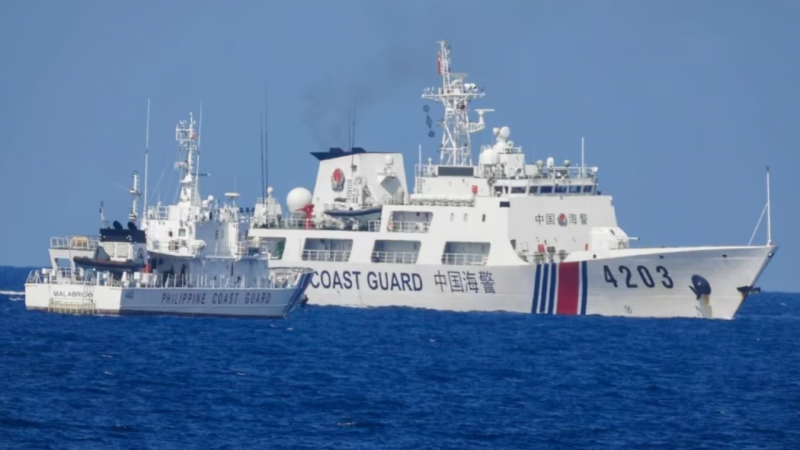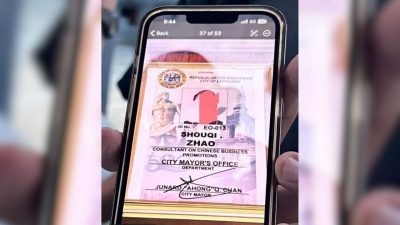US legislators from both sides of the aisle have come together to denounce the China Coast Guard (CCG) for its unlawful actions in the West Philippine Sea and its violations of international law.
The most recent incident occurred on October 22 when a CCG vessel collided with a boat under contract by the Philippine Coast Guard (PCG) to deliver supplies to Filipino troops stationed in Ayungin (Second Thomas) Shoal.
The United States House Foreign Affairs Committee (HFAC) released a bipartisan statement in solidarity with the Philippines on Tuesday (Wednesday in Manila).
The statement, which the US Embassy shared in Manila, reads: “We unequivocally support the Philippines and condemn the unlawful actions by the China Coast Guard (CCG) in the South China Sea.”
The statement was jointly issued by House Foreign Affairs Committee Chairman Michael McCaul (Republican-Texas), Gregory Meeks (Democrat-New York), along with Subcommittee on the Indo-Pacific Chairman Young Kim (Republican-California) and Ami Bera (Democrat-California).
They expressed their concern over the intentional collisions between CCG and Chinese maritime militia vessels with Philippine Coast Guard ships, which put Filipino crew members at risk and obstructed Philippine vessels’ access to their own exclusive economic zone. They emphasized that this incident was part of a broader pattern of aggressive and provocative actions by the People’s Liberation Army Navy, the Maritime Militia, and the China Coast Guard in the South China Sea, where they frequently intrude into the exclusive economic zones of other states.
The lawmakers further voiced their condemnation of Beijing’s maritime intimidation. They welcomed the Biden administration’s commitment to increasing joint patrols with the Philippines and other partners in the South China Sea. They also reaffirmed the United States’ commitment under the US-Philippines Mutual Defense Treaty.
On Monday, the Department of Foreign Affairs (DFA) filed a diplomatic protest against China in response to its coast guard’s recent “dangerous maneuvers” in the West Philippine Sea (WPS).
(Liezelle Soriano/ai/mnm)







